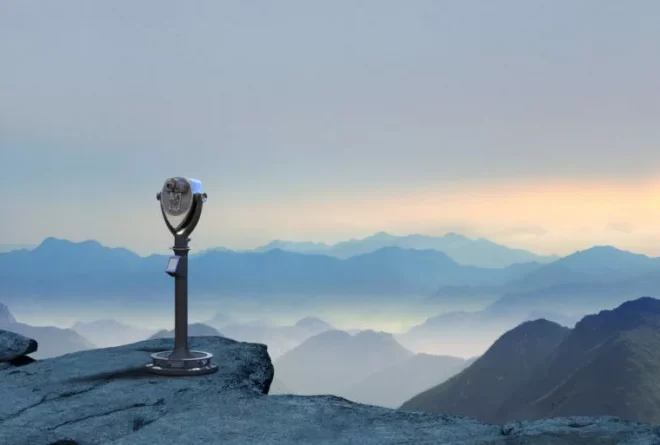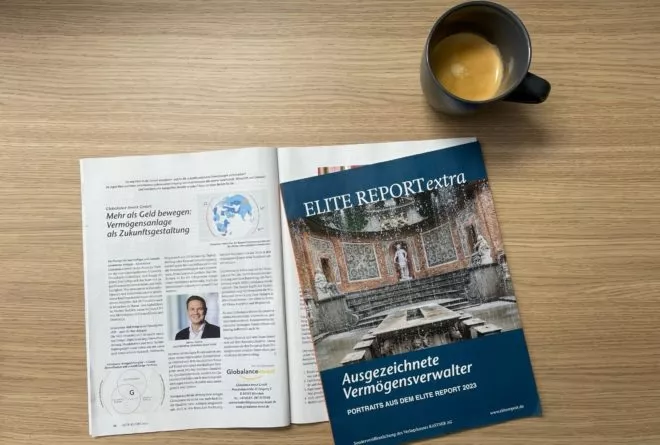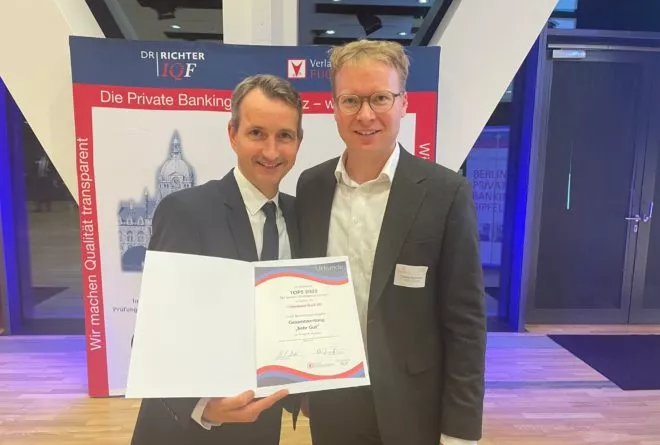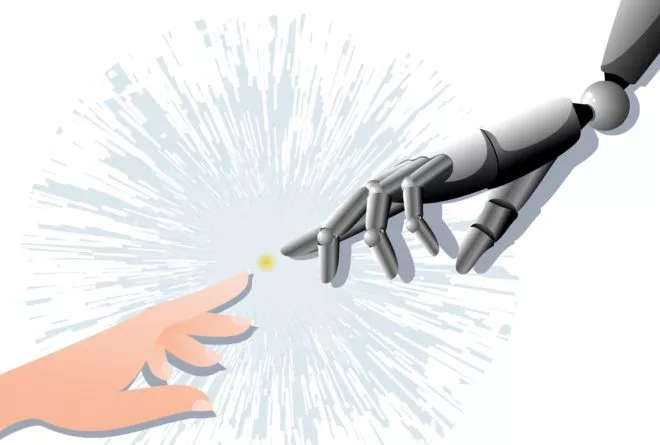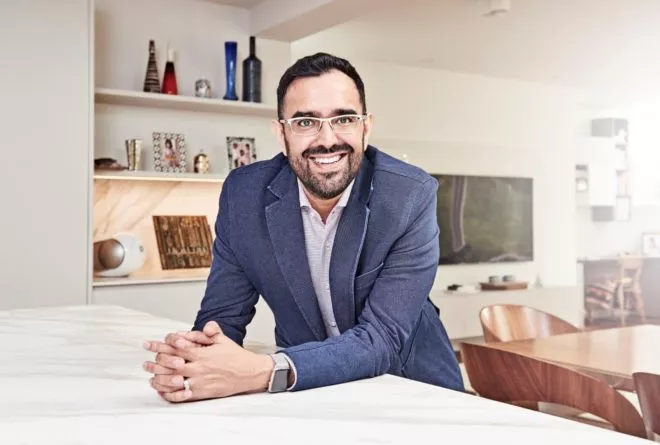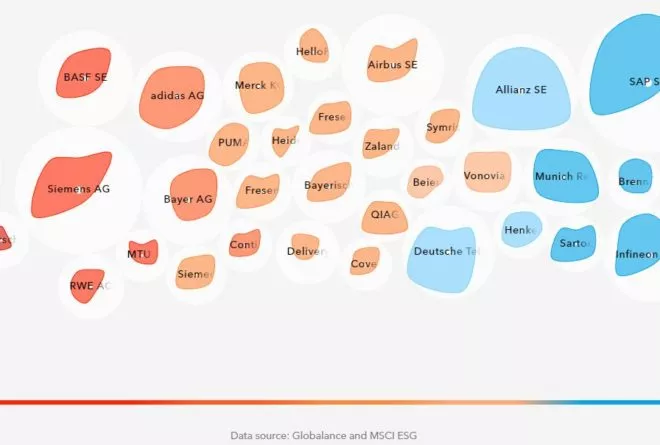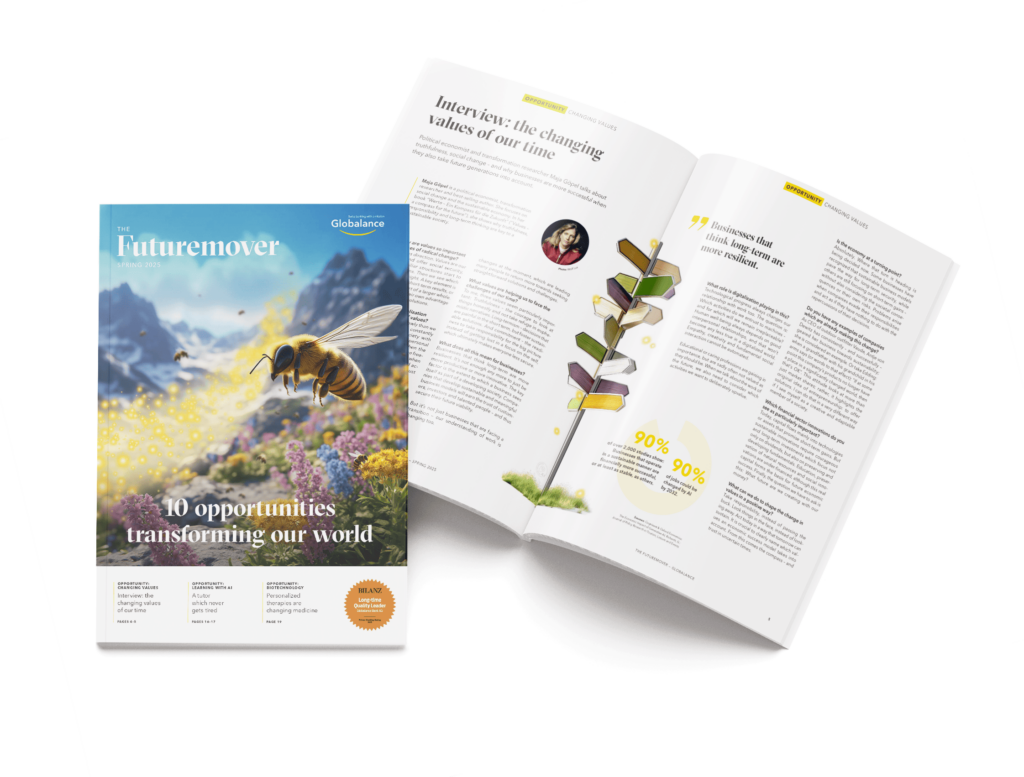News & Trends
Climate Change – Innovation Opportunities
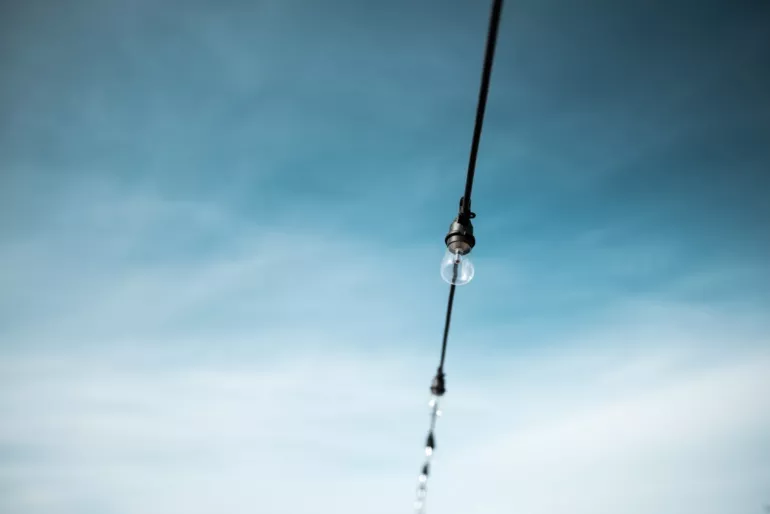
New business models to combat climate change – Innovation opportunities
When the world is gripped by the corona virus it’s not easy to deal with the issue of climate change as well. And focusing on analyses relating to the subject is even harder. The forecasts are bleak. But they’re unleashing a surprising wave of dynamism, and helping people, technologies and many sectors to develop innovative solutions. Recently the “McKinsey Global Institute” for socio-economic impacts investigated the issue of climate change over the next 30 years in 105 countries. The Climate Risk and Response Study carried out by the leading management consultancy provides figures which show that action needs to be taken across the political, social and economic fields.
So – always assuming that we don’t reduce our emissions – over the next 10 years 250 to 360 million people will have to live in extremely hot regions of the world. The devastating consequences affect not just people, animals and the natural world, they also inflict losses amounting to billions of dollars on entire national economies. Due to the current situation this is perhaps not at the forefront of public concerns. However, there are innovative rays of hope for the future …
„We believe that climate change isn’t just the biggest challenge facing us right now – but precisely because of this it also represents a massive business opportunity.“
Übermorgen Ventures
In 2019 “climate hysteria” was chosen as the ghastliest neologism of the year in Germany – an expression which seems to vilify efforts to protect the climate, and to discredit important climate debates. It’s a good choice because the majority of scientists agree that our planet is getting warmer and warmer, and the consequences are no longer just a futuristic scenario. We’re already experiencing summer heatwaves and winters with little snowfall here and now. But giving up is simply not an option.
PPOLICY OF INCREMENTAL CHANGE
Politicians have heard the message put out by FridaysForFuture & Co. For instance, in the climate package that it has just passed the German Federal government has promised a real step change in its approach. Too piecemeal and too faint-hearted is the judgment of environmental bodies and scientists. Switzerland is also keen to do its bit, but the independent online monitoring group “Climate Action Tracker” puts its efforts into perspective: “If all governments acted as Switzerland is doing, the level of global warming could be as much as 3°C.”
The EU had barely announced its ambitious “Green Deal” which is intended to make Europe climate neutral by 2050 before resistance to it sprang up, primarily from Member States in eastern Europe. The current position: it’s tricky.
CORPORATE CLIMATE CHANGE – THE BIG OPPORTUNITY
The McKinsey study urges companies to change their way of thinking. All economic or political activities should be reviewed in terms of their effect on climate change. Exemplary projects include technologies for building dykes, “cool rooms”, or drought resistant varieties of cereals. There are other studies which highlight not just the risks, but also the opportunities. The Carbon Disclosure Project (CDP) is an organisation which specialises in climate risks, and at regular intervals it publishes large companies’ estimates of the financial effects of climate change. CDP reports that only a fraction of them disclose realistic data. Companies which are investing in the past, such as the energy giants Exxon Mobil and Chevron, are behaving almost with indifference.
BALANCE SHEETS ARE FEELING THE HEAT
Alphabet Inc., Google’s parent company, is aware that rising temperatures will increase the costs of cooling its data centres. The Japanese conglomerate, Hitachi, Ltd., reckons that South-East Asia will be subject to extreme weather events, and it’s already looking for ways to make its supply chains more secure. And there are fi rms which see climate change as an opportunity: 215 of the largest 500 companies in the world have estimated the potential cost of environmental risks to their business to be a billion dollars. But this compares to 2.1 billion dollars’ worth of new business opportunities provided by climate friendly products and services.
NEWCOMERS BOOST ESTABLISHED FIRMS
We need to make every effort to prevent climate change hitting our economy like a thunderstorm. Established companies can benefit from newcomers, and vice versa.
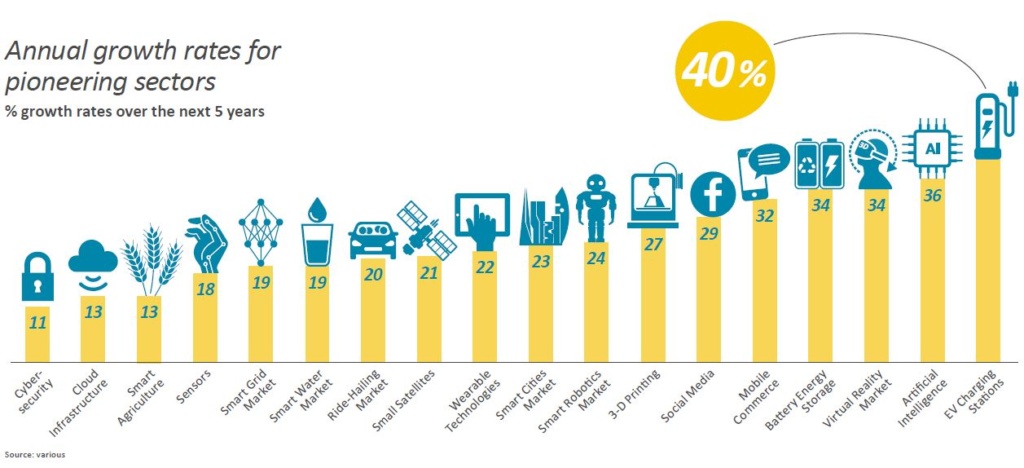
Established players
Microsoft: Climate neutral by 2030.
What exactly are they doing?
The company has undertaken to make its production activities climate neutral by 2030. In addition, Microsoft is investing 1 billion USD to set up a new climate innovation fund in order to promote technologies and methods for reducing, storing and eliminating CO2.
Why’s that important?
CO2 reduction is consequently becoming one of the key performance indicators for all internal and external corporate decisions. Experience shows that this brings about changes in attitudes more quickly than any loft y statements of intent. Public accountability keeps up the pressure to make improvement
Ikea: The world’s largest furniture retailer.
Why’s that important?
With its range of 9ʼ000 different products IKEA is the world’s largest furniture retailer. Which is why the company gets through 18 million cubic metres of wood every year − enough to fi ll 7,200 Olympic-size swimming pools. The objective can only be achieved together with its suppliers. Getting them on board for this ambitious journey is the biggest challenge, but one which also offers the greatest potential.
Patagonia: The pioneering producer of sustainable clothing.
What exactly are they doing?
For the production of raw materials Patagonia supports regenerative grazing systems. They maintain soil quality, increase the soil’s water retention properties, and every year they sequester more CO2 per hectare. The company is even going as far as advising customers not to buy unneeded clothing, or encouraging them to repair worn clothes.
Why’s that important?
As a “disruptive” pioneer Patagonia has an immense impact on the fabrics, fashion and outdoor sector. It’s a flagship company whose ambitions have spurred the whole sector to make innovations.
The Newcomers
Windcloud: Lots of wind for more people.
What exactly are they doing?
This provider of cloud computing services operates its data centres on a CO2- neutral basis and builds cost-effective infrastructure. And thanks to its state-of-the-art hybrid storage systems, even when there’s no wind.
Why’s that important?
As the amount of data on the internet is doubling every 2 years, electricity consumption represents a huge expense. By using energy-efficient technologies and electricity generated from renewable sources, Windcloud operates the data centres for its customers in a sustainable and inexpensive way.
Betteries: The better battery.
What exactly are they doing?
Used batteries from electric vehicles still have 70 percent of their original capacity left . They are converted into mobile energy storage systems for small businesses in developing countries.
Why’s that important?
The company uses the car industry’s used batteries for the benefit of small businesses and farmers in developing countries. Betteries consequently supports the circular economy and lowers CO2 emissions, and its production activities promote progress and have a positive impact in the developing countries.
Übermorgen Ventures: A start-up for start-ups.
What exactly are they doing?
Start-ups which demonstrably reduce CO2 or promote climate neutrality are supported by the “Übermorgen Ventures” risk capital fund. The fund is worth CHF 20 million, and it already has several big-name investors on board.
Why’s that important?
New ideas and start-ups need capital in order to get off the ground. Übermorgen Ventures aims to provide active support and assistance during the launch phase of start-ups. So that they can make a profitable contribute on to stabilizing the global climate.
